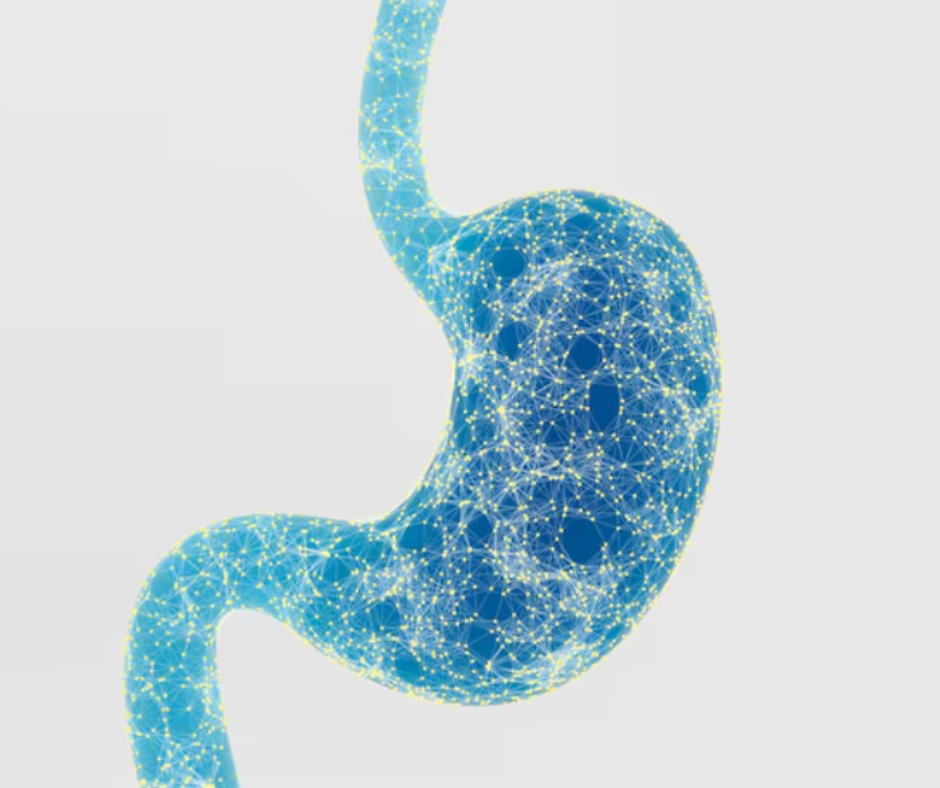The Importance of Regular Liver Screenings and Tests
- livercarecenter23
- Apr 23, 2024
- 2 min read
written by: liver specialist in kochi
The liver is a vital organ responsible for numerous essential functions in the body, including detoxification, metabolism, and nutrient storage. Regular liver screenings and tests are crucial for maintaining liver health and detecting potential issues early. Let's explore why regular liver screenings are important:
Early Detection of Liver Diseases: Liver diseases such as fatty liver disease, viral hepatitis, and cirrhosis often develop silently without noticeable symptoms in the early stages. Regular screenings can detect abnormalities in liver function tests, imaging studies, or viral markers, allowing for timely diagnosis and intervention.
Monitoring Liver Health: For individuals with known liver conditions or risk factors such as obesity, diabetes, alcohol use, or family history of liver disease, regular screenings help monitor liver health and track changes over time. This enables healthcare providers to adjust treatment plans and provide necessary support.
Assessment of Liver Function: Liver function tests (LFTs) measure enzymes, proteins, and bilirubin levels in the blood, providing valuable insights into liver function. Abnormal LFT results may indicate liver inflammation, injury, or impaired function, prompting further evaluation and management.
Evaluation of Hepatitis Status: Screening for viral hepatitis (hepatitis B and C) is essential, as these infections can lead to chronic liver inflammation, fibrosis, and cirrhosis if left untreated. Early detection through blood tests enables timely initiation of antiviral therapies and reduces the risk of liver complications.
Detection of Liver Cancer: Liver cancer, especially hepatocellular carcinoma (HCC), often develops in individuals with underlying liver diseases such as cirrhosis or chronic hepatitis B or C. Regular screenings with imaging studies like ultrasound, CT scan, or MRI can detect liver tumors at an early, more treatable stage.
Guidance for Lifestyle Modifications: Liver screenings provide an opportunity for healthcare providers to discuss lifestyle factors that impact liver health, such as alcohol consumption, diet, exercise, and medication use. Personalized guidance and interventions can help individuals make positive changes to support liver function.
Prevention of Liver Failure: Detecting and managing liver diseases early can prevent progression to liver failure, a life-threatening condition requiring immediate medical attention, including possible liver transplantation. Regular screenings play a crucial role in preventing severe liver complications.
Improvement of Treatment Outcomes: Early detection and intervention for liver diseases improve treatment outcomes and prognosis. Effective management strategies, including medications, lifestyle modifications, and regular follow-ups, can help slow disease progression and improve quality of life.
In conclusion, regular liver screenings and tests are essential for maintaining liver health, detecting liver diseases early, monitoring liver function, evaluating hepatitis status, detecting liver cancer, guiding lifestyle modifications, preventing liver failure, and improving treatment outcomes. Individuals should discuss their risk factors and screening needs with healthcare providers to ensure optimal liver care and overall well-being.



Comments